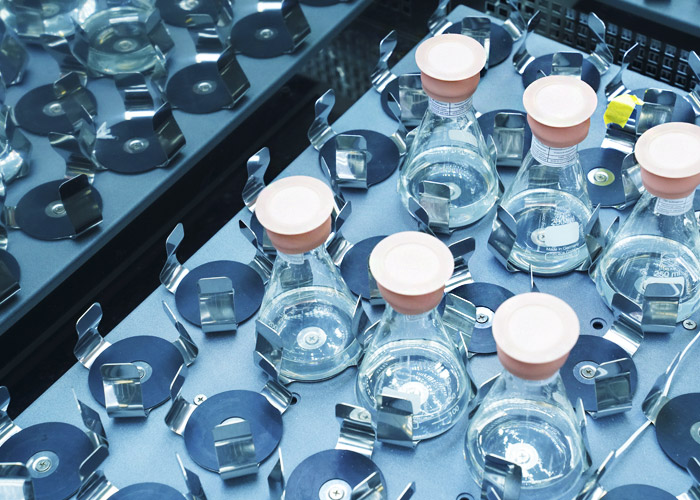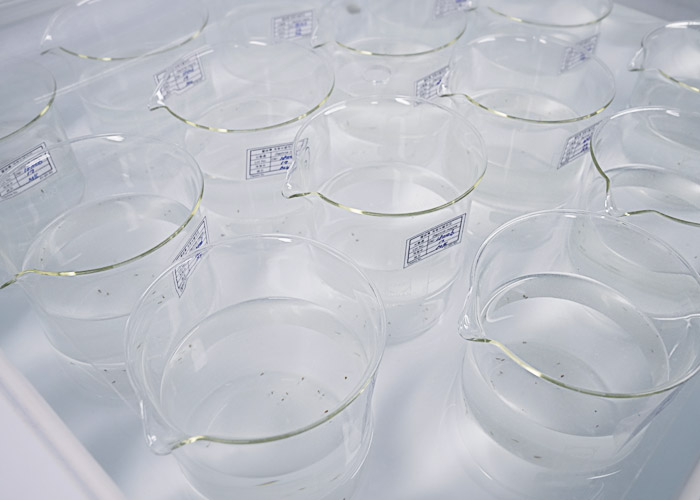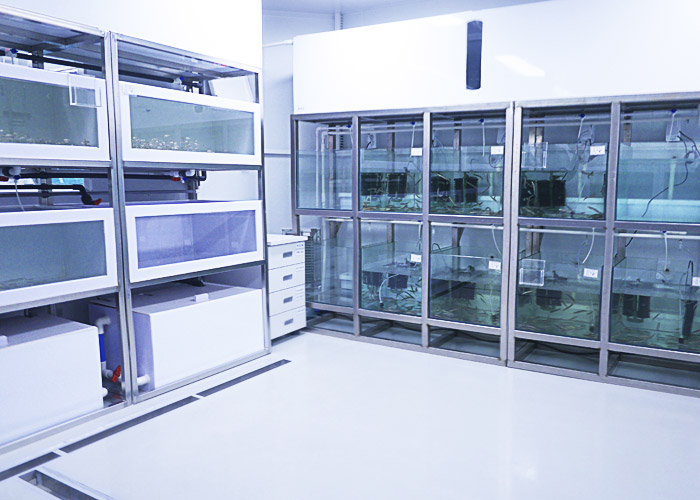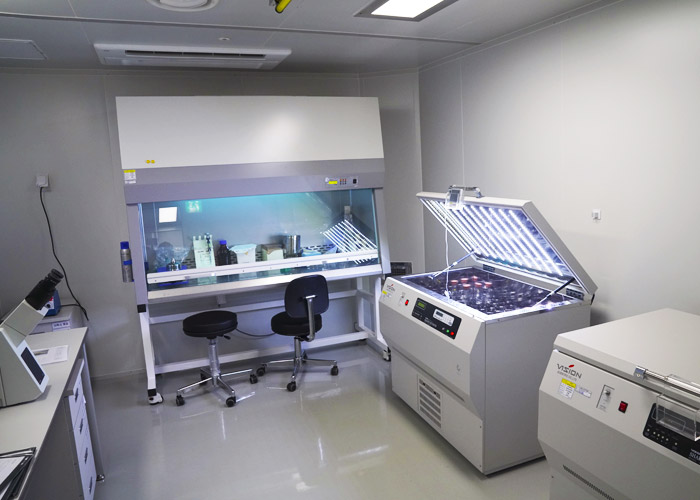Study types
Freshwater Alga and Cyanobacteria, Growth Inhibition Test (OECD TG 201)
The purpose of this test is to determine the effects of a substance on the growth of freshwater microalgae and/or cyanobacteria. Exponentially growing test organisms are exposed to the test substance in batch cultures over a period of normally 72 hours. In spite of the relatively brief test duration, effects over several generations can be assessed.
-
Test organisms
- Pseudokirchneriella subcapitata (Selenastrum caprocorntum)
-
Methods
- Exposure period : 72 hours
- Environmental conditions : temperature 21.0~24.0, illuminance 4440-8880 lx, etc.
- Biomass measurement
Measure the biomass of freshwater algae every 24 hours during the exposure period, and check for morphological abnormalities (swelling, shrinkage, bursting, aggregation, discoloration, etc.) at the end of the exposure period.
- Analysis of test solution
Conduct concentration analysis of test solutions using LC, GC, etc.
Daphnia sp. Acute Immobilisation Test (OECD TG 202)
oung daphnids, aged less than 24 hours at the start of the test, are exposed to the test substance at a range of concentrations for a period of 48 hours. Immobilisation is recorded at 24 hours and 48 hours and compared with control values. The results are analysed in order to calculate the EC50 at 48hours.
-
Test organisms
- Daphnia magna, etc
-
Methods
- Exposure period : 48 hours
- Environmental conditions : water temperature between 18~22 ˚C, pH 6.0~9.0, DO 60% (or 3 mg/L) or more, etc.
- General symptom observation
Observe the swimming behavior and general symptoms (morphology and swimming abnormalities) of water fleas every 24 hours during the exposure period.
- Analysis of test solution
Conduct concentration analysis of test solutions using LC, GC, etc.
Fish, Acute Toxicity Test (OECD TG 203)
The fish are exposed to the test chemical for a period of 96 hours, under either static, semi-static or flow-through conditions. Mortalities and visible abnormalities related to appearance and behaviour are recorded. Where possible, the concentrations to kill 50% of the fish (LC50) are determined.
-
Test organisms & test conditions
| Species |
Total length
(cm) |
Water temp.
(˚C) |
| Zebrafish (Danio rerio) |
1-2 |
21-25 |
| Ricefish (Oryzias latipes) |
1-2 |
21-27 |
Common carp.
(Cyprinus carpio) |
2-4 |
20-45 |
-
Methods
- Exposure period : 96 hours
- Environmental conditions : pH 6.0~9.0, DO 60% (or 3 mg/L) or more, etc.
- General symptom observation
Observe fish mortality and general symptoms (morphology and swimming abnormalities, etc.) every 24 hours during the exposure period, but frequently on the day of exposure.
- Analysis of test solution
Conduct concentration analysis of test solutions using LC, GC, etc.



